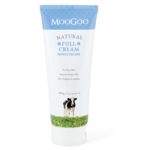
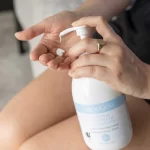
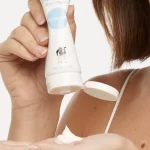
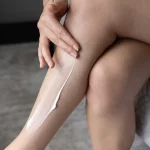
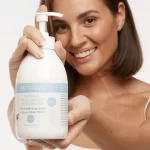
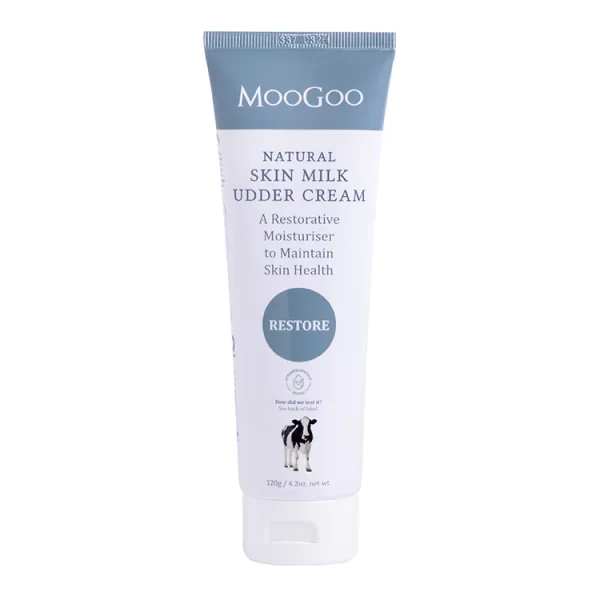
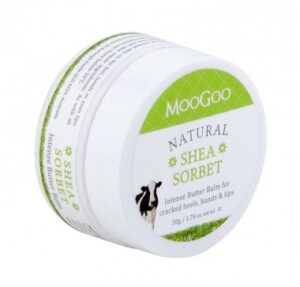
Full Cream Moisturiser MooGoo
£8.39 – £22.86
Moisturiser
A moisturiser is a skincare product designed to hydrate and nourish the skin, helping to maintain its moisture balance and improve its overall texture and appearance.
Moisturizers come in various forms, such as creams, lotions, gels, serums, and oils, catering to different skin types and preferences. They typically contain ingredients that help retain water in the skin, prevent moisture loss, and deliver essential nutrients. Here are some key points about moisturisers:
**1. Hydration:** Moisturisers are primarily used to hydrate the skin by replenishing its moisture content. They create a barrier on the skin’s surface to lock in moisture and prevent water loss.
**2. Skin Barrier:** A healthy skin barrier is important for maintaining moisture and protecting the skin from environmental stressors. Moisturisers with ingredients like ceramides, fatty acids, and cholesterol can help reinforce the skin barrier.
**3. Types of Moisturisers:**
– **Creams:** Thicker in texture and suitable for drier skin types. They provide deep hydration and are often used for night time.
– **Lotions:** Lighter than creams and suitable for normal to combination skin types. They absorb quickly and can be used during the day.
– **Gels:** Lightweight and water-based, great for oily and acne-prone skin. They offer hydration without feeling heavy.
– **Serums:** Concentrated formulas that contain active ingredients targeting specific concerns. They can be used alongside a regular moisturizer.
– **Oils:** Natural oils can provide nourishment and hydration. They can be used alone or mixed with other products.
**4. Ingredients:**
– **Hyaluronic Acid:** Attracts and retains water, providing intense hydration.
– **Glycerin:** A humectant that draws moisture to the skin’s surface.
– **Ceramides:** Help strengthen the skin barrier and prevent moisture loss.
– **Vitamins:** Antioxidant vitamins like A, C, and E can nourish and protect the skin.
– **Plant Extracts:** Natural extracts like aloe vera, chamomile, and green tea can soothe and hydrate the skin.
– **Emollients:** Ingredients like shea butter and natural oils provide a softening effect.
**5. Skin Type:** Choose a moisturizer that suits your skin type. For oily skin, opt for oil-free or gel-based formulas. Dry skin benefits from richer creams or oil-based moisturizers. Combination skin can use lighter lotions.
**6. Sun Protection:** Some daytime moisturizers include sunscreen, simplifying your routine by combining hydration and sun protection.
**7. Routine:** Apply moisturizer after cleansing and any treatment products. For daytime, layer sunscreen over the moisturizer.
**8. Patch Test:** Especially if you have sensitive or reactive skin, do a patch test before introducing a new moisturizer to your routine.
**9. Personalization:** Different people have different skin needs. Experiment with different products to find what works best for you.
Remember that moisturizers are an essential part of a skincare routine, regardless of your skin type. They help maintain skin health, prevent moisture loss, and contribute to a smoother, more radiant complexion.
If you’re unsure about the best moisturizer for your skin type or concerns, a dermatologist or skincare professional can provide tailored recommendations.


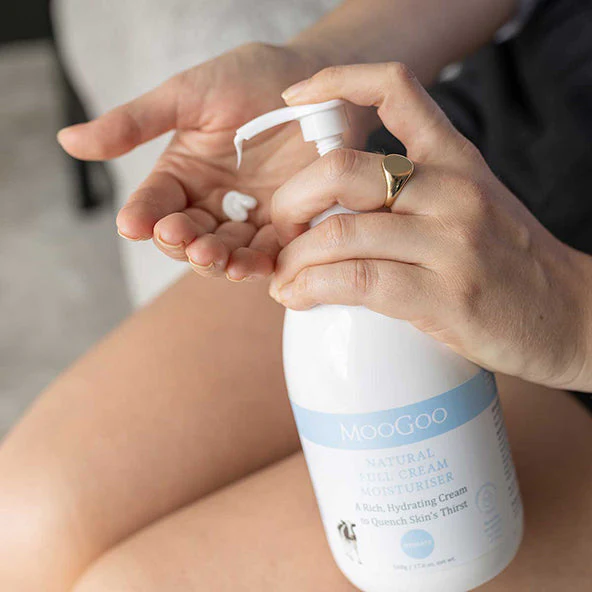
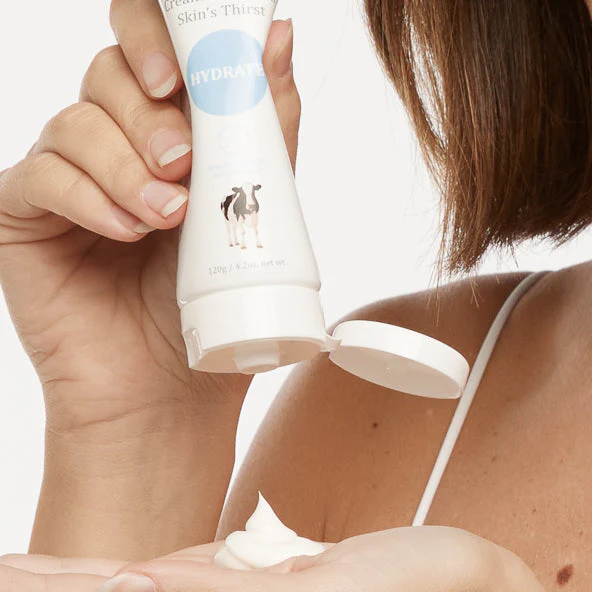
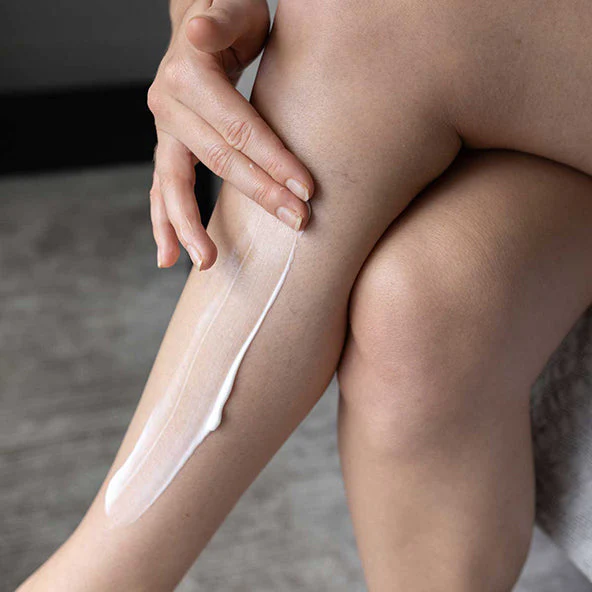

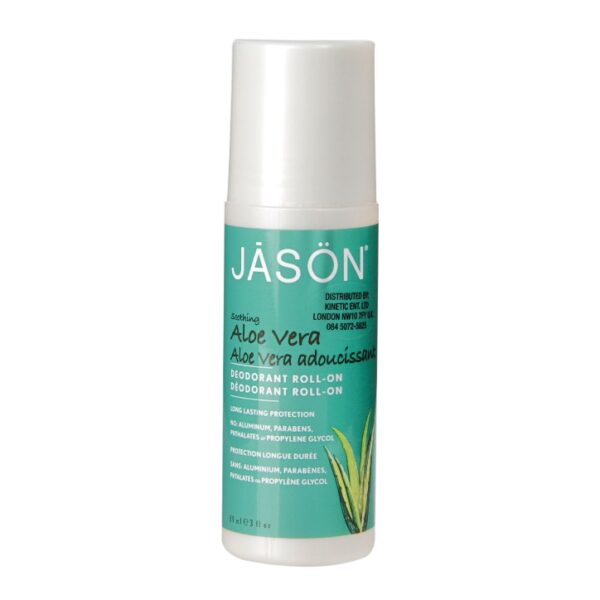
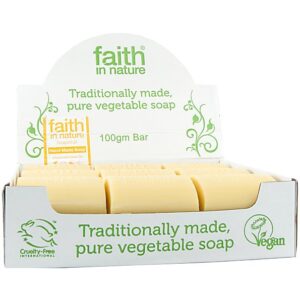
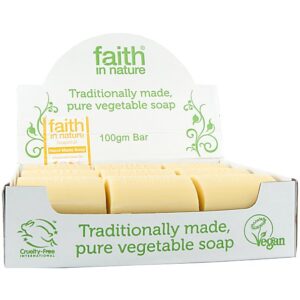
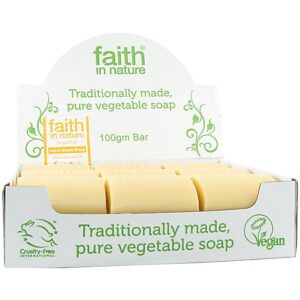
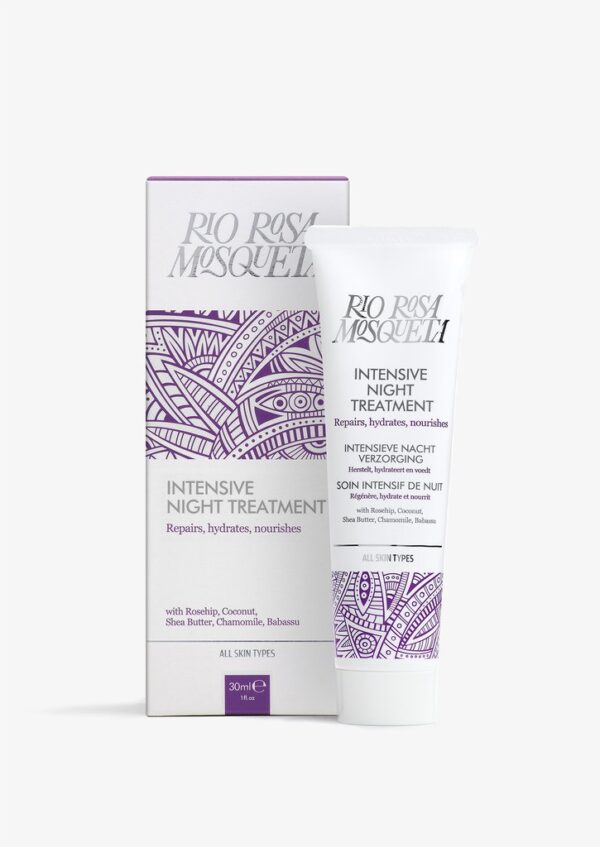
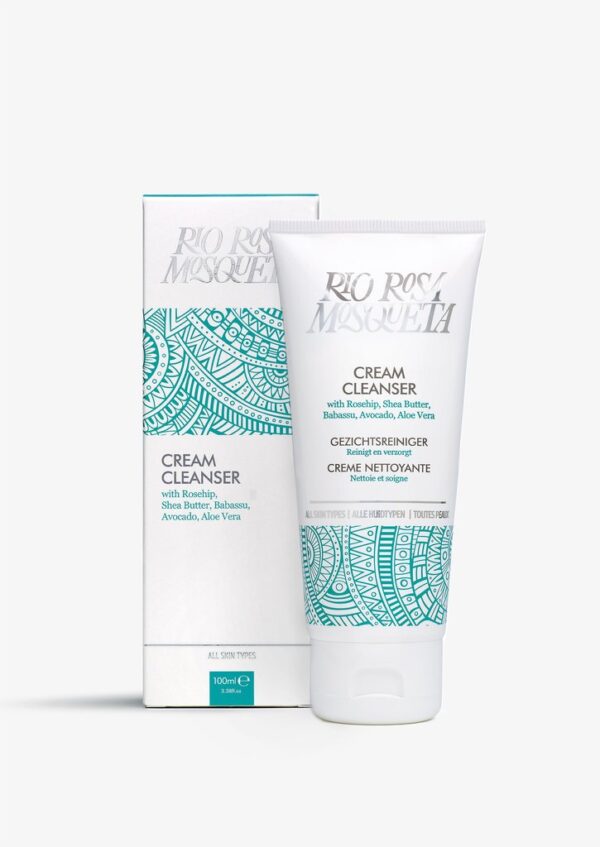
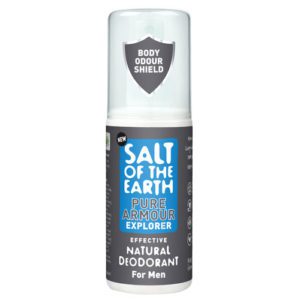
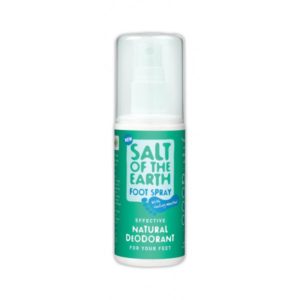




Reviews
There are no reviews yet.